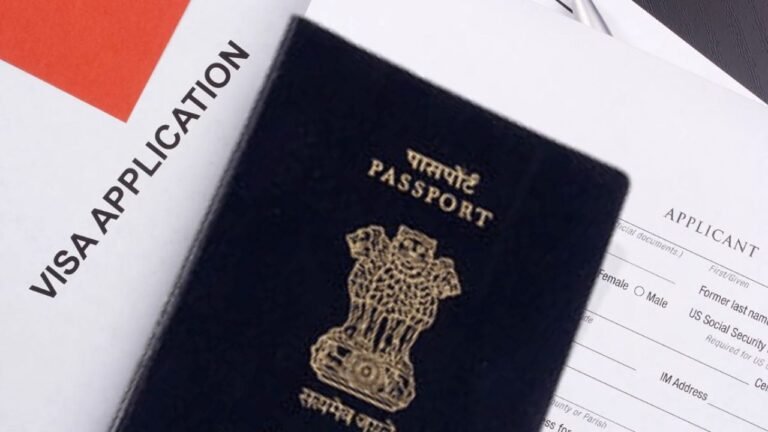Planning a successful event can be a daunting task, filled with numerous details and potential pitfalls. Whether you’re organizing a corporate conference, a wedding, or a community festival, the stakes are high. This is where partnering with an event managing company can make all the difference. These professionals bring expertise, resources, and experience to the table, helping to ensure that your event runs smoothly from start to finish. However, to truly maximize the benefits of working with an event management company, there are several key tips to keep in mind. In this blog, we will explore essential strategies to help you collaborate effectively with your event management team and create an unforgettable experience for your attendees.
1. Start Planning Early
One of the most critical factors in successful event planning is starting early. The earlier you begin the planning process, the more time you have to address all necessary details without feeling rushed. Ideally, you should start planning at least six months in advance for larger events. This timeline allows you to secure venues, book vendors, and finalize logistics without the stress of last-minute decisions. An event management company can help you establish a detailed timeline that outlines key milestones leading up to your event.
2. Establish Clear Goals and Objectives
Before diving into the logistics, it’s essential to define clear goals and objectives for your event. What do you hope to achieve? Whether it’s increasing brand awareness, generating leads, or fostering community engagement, having specific goals will guide your planning process. Share these objectives with your event management company so they can tailor their strategies and recommendations accordingly. Setting SMART (Specific, Measurable, Achievable, Relevant, Time-bound) goals will help ensure everyone is aligned and working toward the same outcomes.
3. Define Your Target Audience
Understanding your target audience is crucial for creating an engaging event that resonates with attendees. Work with your event management company to develop attendee personas that outline the characteristics, preferences, and expectations of your ideal participants. This information will inform decisions regarding venue selection, programming, marketing strategies, and overall event design. By catering to the needs of your audience, you increase the likelihood of a successful event that leaves a lasting impression.
4. Choose the Right Venue
The venue sets the tone for your event and can significantly impact its success. When selecting a venue, consider factors such as location, capacity, accessibility, and amenities. Collaborate with your event management company to identify venues that align with your goals and audience preferences. They can provide valuable insights based on their experience and help negotiate contracts to secure favorable terms.
5. Budget Wisely
Creating a realistic budget is essential for effective event planning. Work closely with your event management company to outline all potential expenses, including venue rental, catering, audiovisual equipment, marketing materials, and staffing costs. Be transparent about your budget constraints so they can provide recommendations that align with your financial parameters. Additionally, consider allocating a contingency fund for unexpected expenses that may arise during the planning process.
6. Leverage Technology
Incorporating technology into your event can enhance attendee engagement and streamline logistics. Work with your event management company to explore options such as event registration software, mobile apps for attendee communication, and live polling tools during sessions. Utilizing technology not only improves the overall experience but also provides valuable data for post-event analysis.
7. Communicate Effectively
Clear communication is vital when working with an event management company. Establish regular check-ins to discuss progress updates and address any concerns or changes that may arise during the planning process. Utilize project management tools or shared platforms to keep everyone informed about tasks and deadlines. Effective communication fosters collaboration and ensures that all team members are on the same page.
8. Plan for Contingencies
Despite careful planning, unforeseen challenges can arise on the day of the event. Work with your event management company to develop contingency plans for potential issues such as inclement weather (for outdoor events), technical difficulties, or last-minute changes in speakers or programming. Having backup plans in place will help you remain calm under pressure and ensure that attendees have a positive experience regardless of any hiccups.
9. Conduct Rehearsals
A rehearsal is a crucial step in the event planning process, serving as a comprehensive practice session that prepares everyone involved for the actual event. Scheduling a run-through with key team members and vendors a few days prior allows participants to familiarize themselves with their specific roles and responsibilities. This collaborative effort helps ensure that everyone understands what is expected of them on the big day.
During the rehearsal, testing equipment—such as audiovisual setups, microphones, and lighting—plays a vital role in identifying any technical issues that may arise. This proactive approach allows for troubleshooting and adjustments, minimizing the risk of disruptions during the event. Additionally, reviewing timelines and schedules during the rehearsal ensures that all aspects of the event flow smoothly, from guest arrivals to speaker presentations.
By conducting a rehearsal, you create an opportunity for open communication among team members, fostering teamwork and confidence. This preparation not only enhances individual performance but also contributes to a cohesive overall experience. Ultimately, rehearsals are essential for ensuring that everyone is aligned and ready to execute their tasks effectively, leading to a successful and memorable event.
10. Gather Feedback Post-Event
After the event concludes, it’s essential to gather feedback from attendees and stakeholders to assess its success and identify areas for improvement. Work with your wedding planning company to create post-event surveys or feedback forms that capture participant insights on various aspects of the experience—from content quality to logistical execution. Analyzing this feedback will provide valuable information for future events and help refine your approach over time.
Partnering with an event management company can elevate your event planning process and lead to remarkable outcomes when executed effectively. By starting early, establishing clear goals, understanding your audience, choosing the right venue, budgeting wisely, leveraging technology, communicating effectively, planning for contingencies, conducting rehearsals, and gathering feedback post-event—you set yourself up for success. With these tips in mind, you’ll be well-equipped to collaborate effectively with your event management team and create memorable experiences that resonate with attendees long after the final curtain falls.







